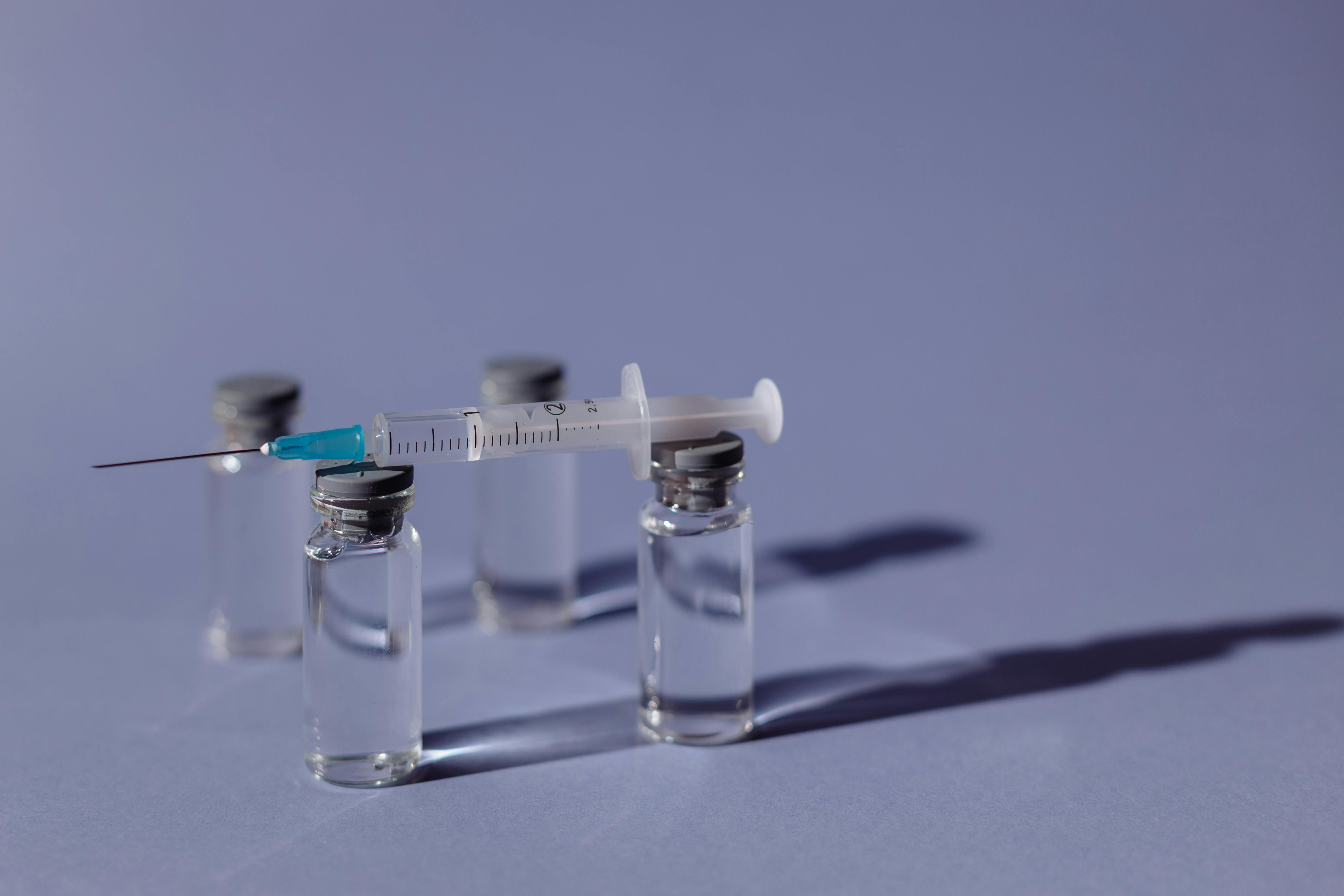Research Affiliates

Associate Professor

Professor

Associate Professor

Professor of Teaching

Postdoctoral Scholar
About the Initiative on Health System Performance
The United States spent $4.9 trillion on health care in 2023, or nearly 18 percent of Gross Domestic Product. This vastly exceeds spending by peer nations whose systems generate similar, and in some instances superior, health outcomes. These figures raise serious questions about the U.S. health system’s performance and highlight the importance of research that sheds light on how the U.S. health system’s efficiency can be improved.
CEPA’s Initiative on Health System Performance addresses this pressing economic problem with emphasis on two crucial dimensions of health system performance:
- First, the Initiative recognizes that federal programs’ payment systems (whether targeted at physicians, hospitals, pharmaceutical or medical device manufacturers, or at lower levels of government) are the most important levers at the disposal of policymakers, which places a premium on research that helps us understand the effects of these systems on care delivery, health outcomes, and overall system performance.
- Second, the Initiative recognizes that medical innovation is the single most important driver of long-run health system performance. Research that sheds light on how payment systems, safety regulations, intellectual property rules, and other factors influence the pace and direction of medical innovation is thus among the most important research a health or public finance economist can undertake.
Faculty Research Spotlights
 Itzik Fadlon has published influential work in the Journal of Health Economics on the effects of disruptions associated with retirements of primary care physicians. In research published in the American Economic Review and American Economic Journal: Applied Economics, he has studied the effects of health shocks on household-wide health behaviors and labor market activity. Itzik is partnering with UC San Diego Health and the Center for Health Innovation in a study of the take-up and health impacts of a remote patient monitoring device that transmits real time data to clinicians. He is also a co-investigator on a major grant focused on the identification of ways to enhance health outcomes through improved patient-provider communication.
Itzik Fadlon has published influential work in the Journal of Health Economics on the effects of disruptions associated with retirements of primary care physicians. In research published in the American Economic Review and American Economic Journal: Applied Economics, he has studied the effects of health shocks on household-wide health behaviors and labor market activity. Itzik is partnering with UC San Diego Health and the Center for Health Innovation in a study of the take-up and health impacts of a remote patient monitoring device that transmits real time data to clinicians. He is also a co-investigator on a major grant focused on the identification of ways to enhance health outcomes through improved patient-provider communication.
 Jeffrey (Jeff) Clemens has conducted research on the effects of public policy on care provision, insurance markets, physicians’ contracts with private insurers, and innovation. Jeff’s work on the effects of physician payments on the supply of services has been published in the American Economic Review (joint with Joshua Gottlieb). His work on the effects of public insurance expansions on private insurance markets has been published in American Economic Journal: Applied Economics. His work on the effects of the Medicare program’s physician payments on the contracts negotiated between physicians and private insurers has been published in the Journal of Political Economy (joint with Joshua Gottlieb) and in the Journal of Health Economics (joint with Joshua Gottlieb and Timea Molnar). His work on the effects of large demand shocks on medical innovation is forthcoming in the Review of Economics and Statistics (joint with Parker Rogers). Additionally, Jeff is partnering with researchers from UC San Diego’s School of Medicine to assess whether state mandates for coverage of fertility preservation treatments have had their intended impact of expanding access for young patients with cancer diagnoses.
Jeffrey (Jeff) Clemens has conducted research on the effects of public policy on care provision, insurance markets, physicians’ contracts with private insurers, and innovation. Jeff’s work on the effects of physician payments on the supply of services has been published in the American Economic Review (joint with Joshua Gottlieb). His work on the effects of public insurance expansions on private insurance markets has been published in American Economic Journal: Applied Economics. His work on the effects of the Medicare program’s physician payments on the contracts negotiated between physicians and private insurers has been published in the Journal of Political Economy (joint with Joshua Gottlieb) and in the Journal of Health Economics (joint with Joshua Gottlieb and Timea Molnar). His work on the effects of large demand shocks on medical innovation is forthcoming in the Review of Economics and Statistics (joint with Parker Rogers). Additionally, Jeff is partnering with researchers from UC San Diego’s School of Medicine to assess whether state mandates for coverage of fertility preservation treatments have had their intended impact of expanding access for young patients with cancer diagnoses.
 Julie Cullen has analyzed physicians’ roles in moderating compliance with recommended vaccinations in work with Maria K. Humlum, Agne Suziedelyte, and Peter Rønø Thingholm. Like Itzik, Julie is a co-investigator on a major grant establishing the UCSD Center for Learning Health Systems Science (LHSS), which is focused on identifying ways to improve health outcomes through evidence-based improvements in service delivery. In addition to collaborating on interdisciplinary research projects, her role is serving as a faculty mentor to trainees.
Julie Cullen has analyzed physicians’ roles in moderating compliance with recommended vaccinations in work with Maria K. Humlum, Agne Suziedelyte, and Peter Rønø Thingholm. Like Itzik, Julie is a co-investigator on a major grant establishing the UCSD Center for Learning Health Systems Science (LHSS), which is focused on identifying ways to improve health outcomes through evidence-based improvements in service delivery. In addition to collaborating on interdisciplinary research projects, her role is serving as a faculty mentor to trainees.
Research by Current Students and Graduate Program Alumni
-
Parker Rogers has written an influential working paper on the effects of downward shifts in the intensity of medical equipment and device regulation on subsequent product safety and flows of innovation. In additional work (joint with Yunan Ji), Parker has studied the effects of a reform that decreased Medicare’s payments to medical device manufacturers on subsequent rates of patenting, product entry, and on the safety of available products in affected classes.
-
Stephanie Khoury, Jonathan Leganza, and Alex Masucci have published an analysis of the effects of a program designed to alleviate physician shortages on physician location decisions in the American Journal of Health Economics.
-
Hannah Bae’s research has shown the efficiency enhancing, life-saving effects of a simple redrawing of the boundaries across which donated kidneys are given priority.
-
Jianan Yang (in work with Ruixue Jia, Xiao Ma and Yiran Zhang) has a recent working paper entitled "Improving Regulation for Innovation: Evidence from China’s Pharmaceutical Industry."
-
Yashna Nandan (in work joint with Jeffrey Clemens, PT Leger, and Robert Town) has found that the average prices private insurers pay to physicians blunt the dramatic spending variations that can be attributed to physicians’ practice styles in treatments provided to elderly Medicare beneficiaries. Yashna’s dissertation work provides evidence on the channels through which hospice firms have responded to recent reforms to Medicare’s per diem rate structure.
-
Jonathan Leganza and Alex Massuci (in work joint with Jeffrey Clemens) have shown that new billing codes can take many years to be adopted by physicians, highlighting that the intended effects of payment reforms can face a variety of frictions before they influence physicians’ practices as intended.
-
In research published in Health Economics, Michael Levere has analyzed the effects of losing health insurance on disability insurance claims (joint with Heinrich Hock and Nancy Early).
-
A number of additional issues have been and are being addressed in recent and ongoing dissertation work by UCSD’s economics graduate students and alumni. Karna Malaviya is studying the relationship between FDA inspections, market concentration, and drug shortages. Dissertation work by Michael Chua has studied how the Affordable Care Act’s reshuffling of hospital subsidy payments influenced patterns of admission for patients covered by various payers. Yuli Xu and Letian Yin have analyzed the effect of maternity ward crowding on birth outcomes and future fertility decisions. Dissertation work by Min Lee has studied the effects of marketing payments on physicians’ opioid prescribing patterns.
Ongoing Projects
-
Itzik Fadlon continues his research on healthcare provision and utilization in the United States with three ongoing projects: work using Medicare claims data that studies the demand for elderly and long-term care among American households; work using commercial claims data that studies access to reproductive health (joint with Yashna Nandan); and an NIH-funded RCT to be conducted at UCSD Health that will evaluate the efficacy of a newly developed AI-based digital health intervention to reduce cardiovascular risk.
-
Jeffrey Clemens continues his research on health care payments systems, including projects joint with current graduate student Yashna Nandan and recent UCSD Alumni Jonathan Leganza and Alex Masucci. He also continues his work on the role of state and local governments in responding to the COVID-19 pandemic, including papers that are joint with CEPA Affiliate Anwita Mahajan.
-
Julie Cullen continues her work on the economics of vaccines with research on the potential for increases in adult immunization to reduce the costs associated with vaccine-preventable diseases.